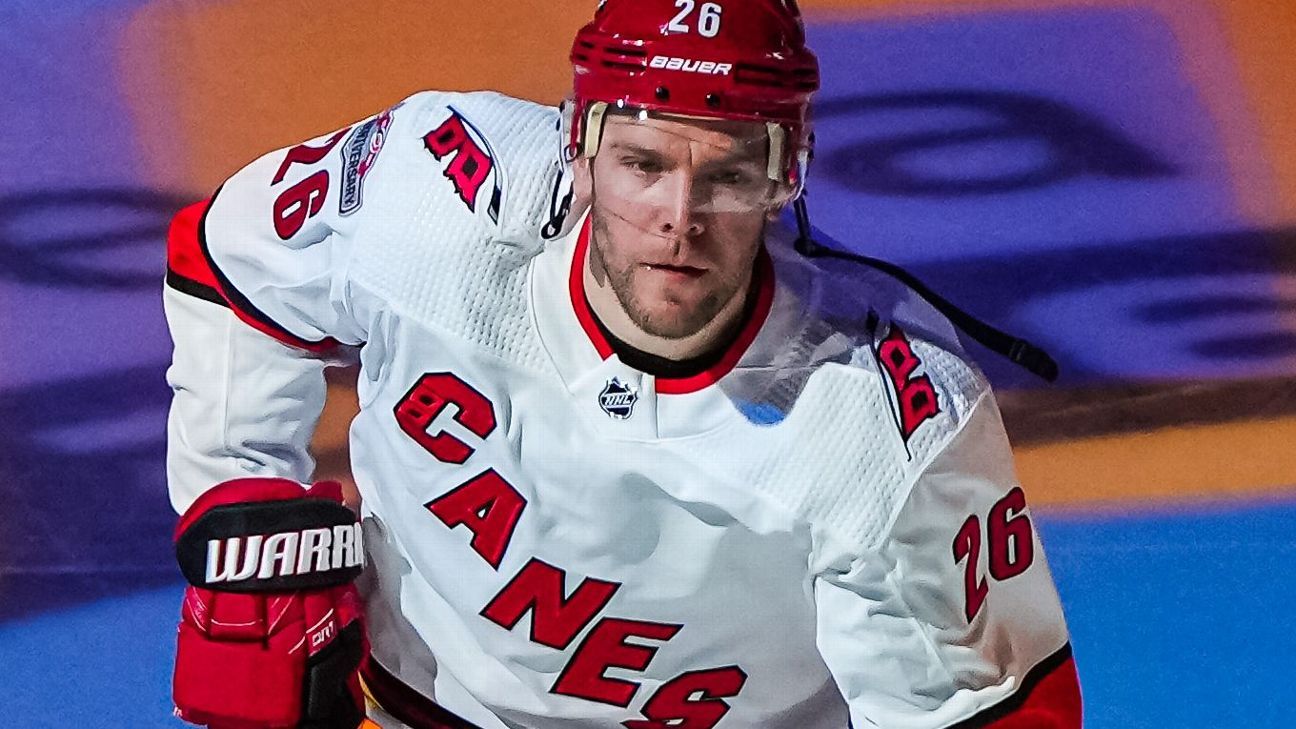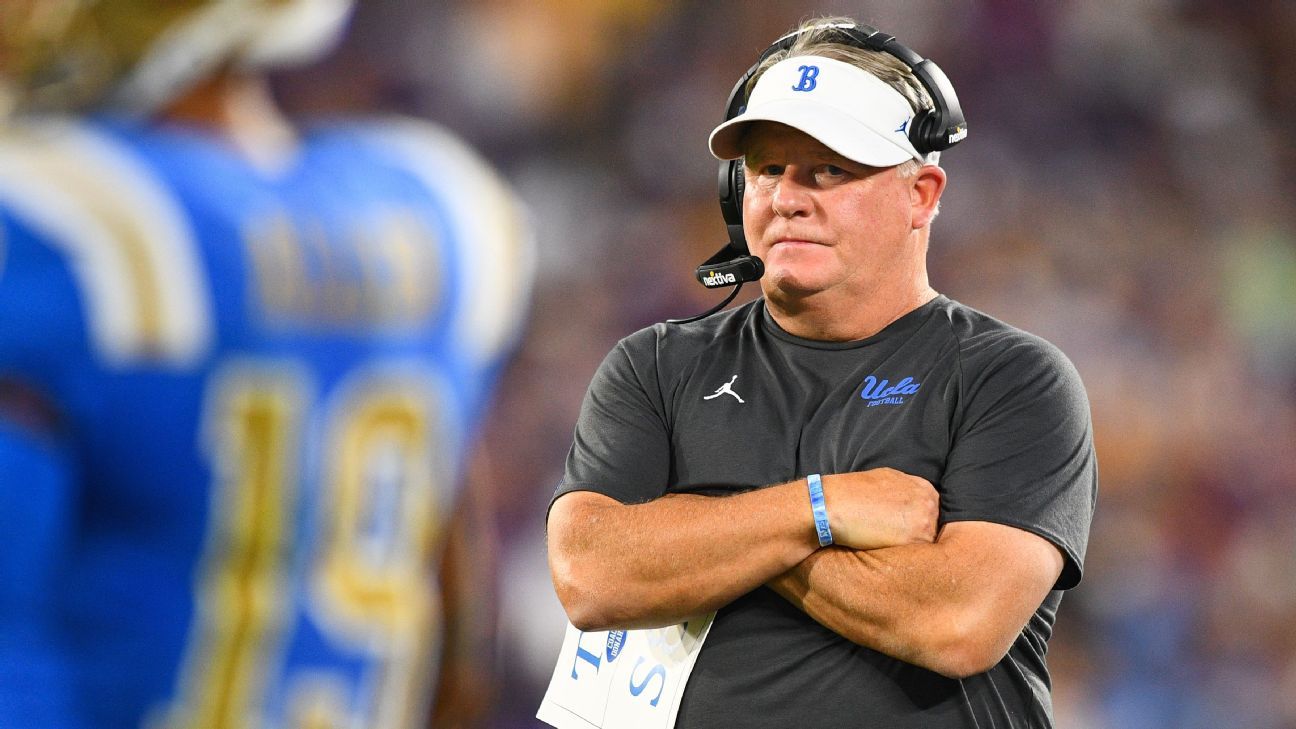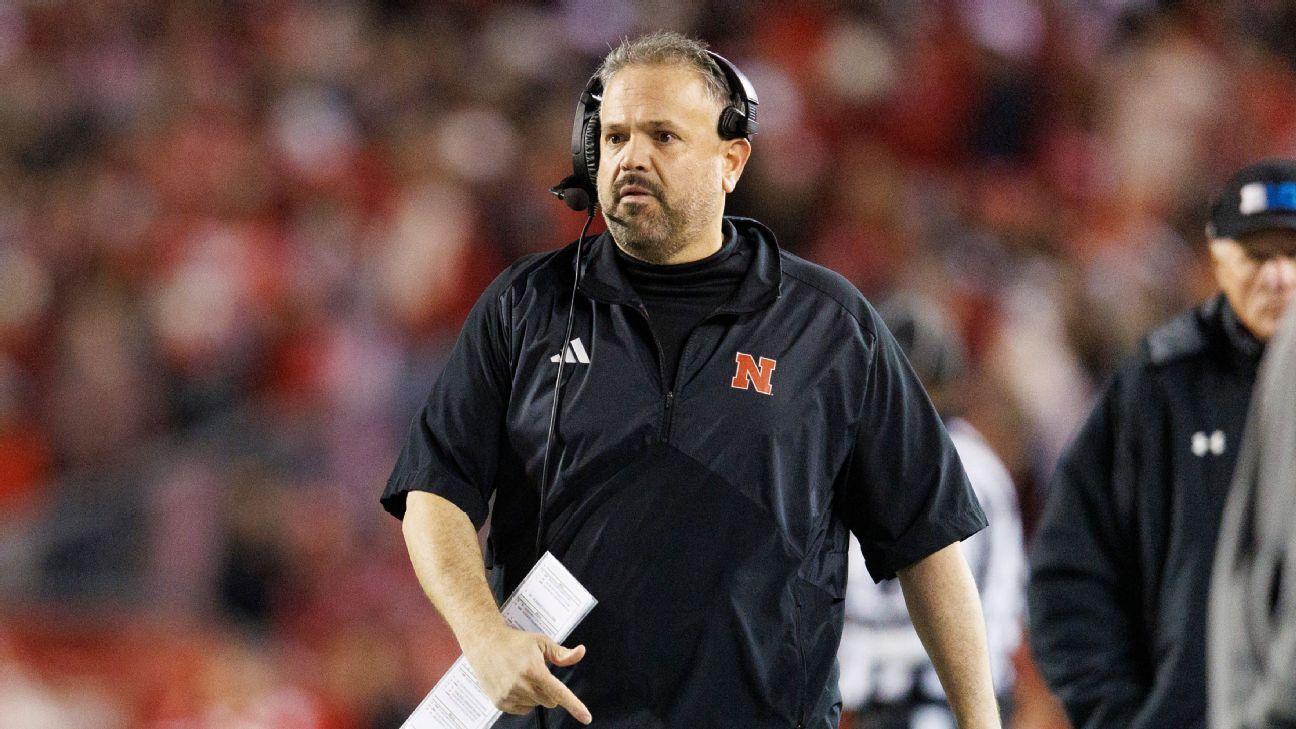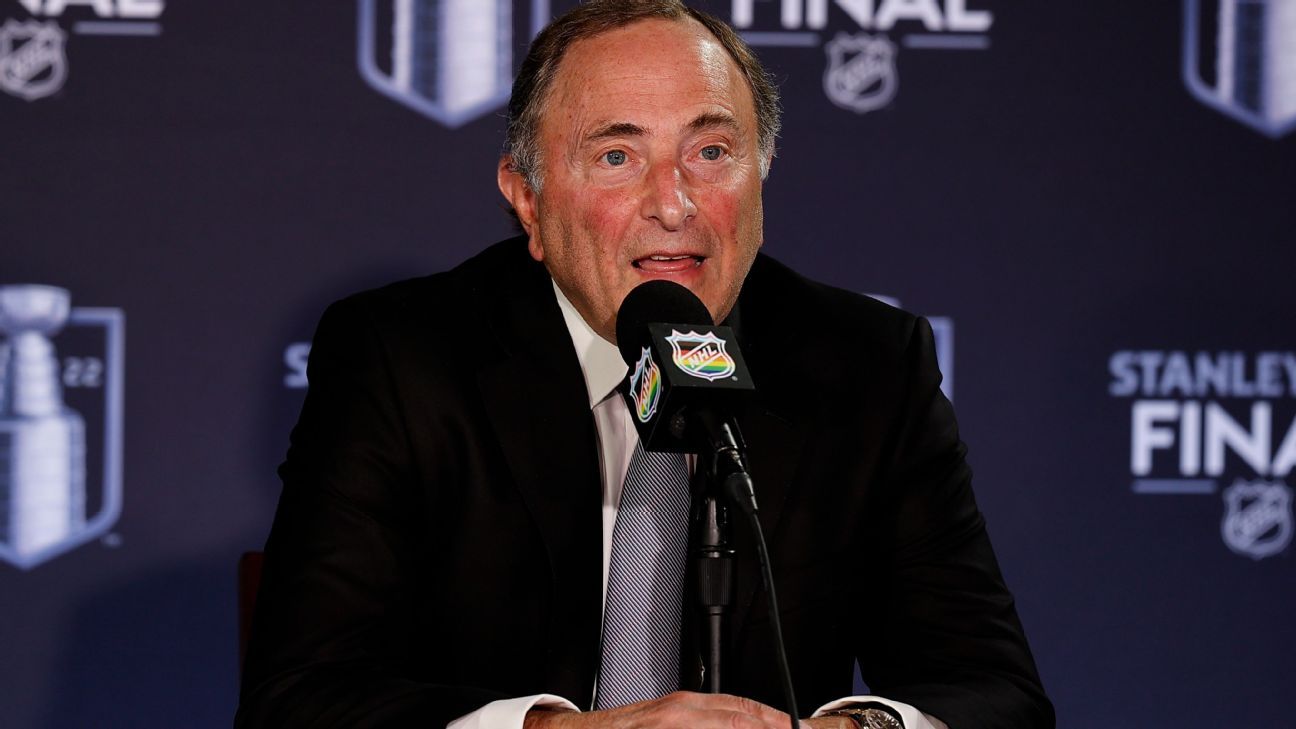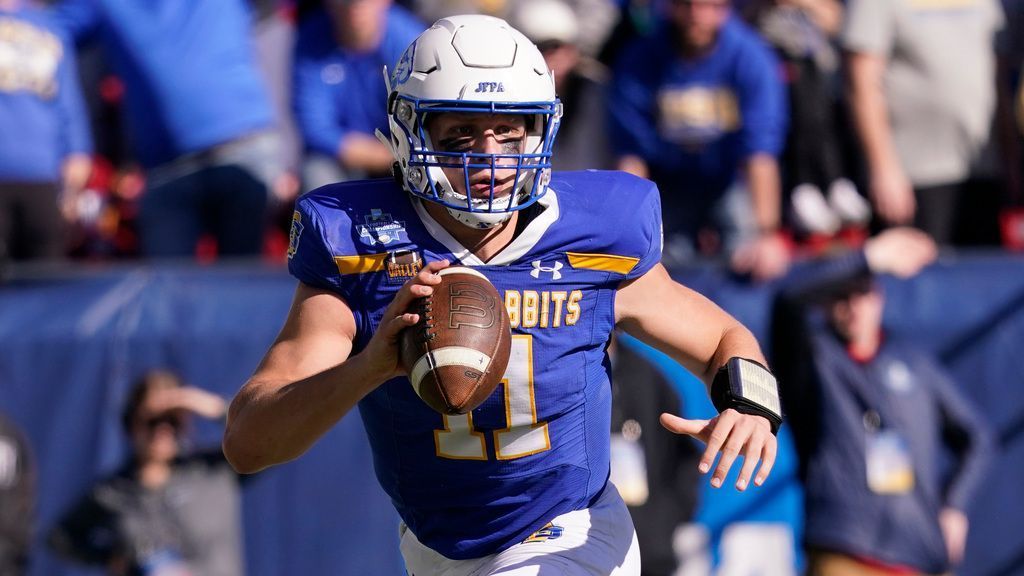MINNEAPOLIS — Juventus and U.S. men’s national team midfielder Weston McKennie said the U.S. needs to take better advantage of its transition opportunities when it faces Honduras in a World Cup qualifier on Wednesday.
– ESPN+ viewers’ guide: LaLiga, Bundesliga, MLS, FA Cup, more
– Stream ESPN FC Daily on ESPN+ (U.S. only)
– Don’t have ESPN? Get instant access
The U.S. has struggled for goals against both El Salvador and Canada, with Antonee Robinson‘s tally against the Cuscatlecos the only goal the U.S. has managed to score in the two games. Against Canada in particular, the U.S. seemed oddly reluctant to push the tempo in transition. That’s an area where McKennie feels the team can improve.
“We’re a young team. We’re a team that can run. We’re a team that loves to press,” McKennie said during a Zoom call with reporters on Tuesday. “We’re a team that is most effective and create a lot of our chances from winning balls and pressuring and going straight to goal. I think we kind of held back on that these past two games and didn’t use it to its full ability, I guess. Being effective in the final third and scoring the goals and the opportunities that we get, if it is one or two times a game, I think it’s very important to be effective.”
McKennie was also asked about his two-game suspension in September for violating the team’s COVID-19 protocols. He expressed regret about his behavior, which ESPN reported at the time as including bringing an unauthorized person inside the team’s bubble, as well as spending a night outside of the team’s bubble.
“I think it was just a learning lesson, obviously,” he said. “I think as I went back, it was just important for me to put my head down and work. Juventus definitely helped me out with that a lot. I struggled for a bit, lost some of my confidence and like I said it was a learning lesson. I felt like I let my team down and let my country down and my family and myself. So whenever I got called back in it was just to try and rebuild the relationships and the trust with everyone and just perform and show that I’m there for the team and then I’m there to try and win. And so I think the best thing as a person to do is be available. So I think that was my biggest thing is just to be available and not have a situation like that again.”
The U.S. team’s problems in attack aren’t limited to how it executes in transition. The play of Christian Pulisic has come under scrutiny as the Chelsea attacker has looked far short of his best.
“All of us have had our ups and downs. All of us have had difficult times,” McKennie said. “The most important thing is that we’re there for each other and obviously, with the situation that he’s in, maybe the amount of playing time that’s involved in is just catching his footing again, and then building his confidence. But I think, in general, he’s still an important piece because he’s one of those type of players that might have one spark in a game … he could maybe not do anything all game and then have one spark. He’s one of the players very unpredictable to the opponents. And I think he’s just someone that adds another type of dangerous, one-on-one ability in the final third.”
